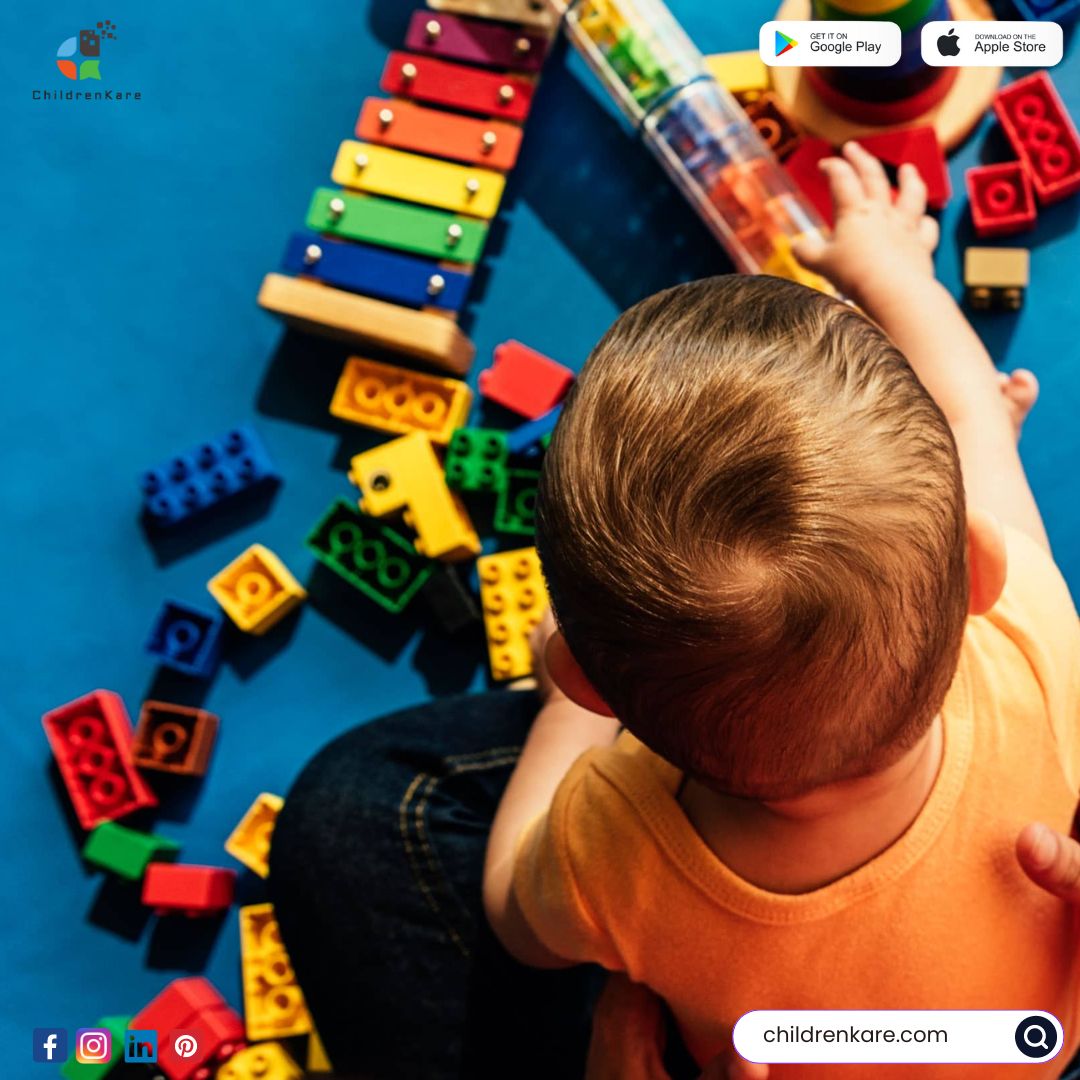Effective communication is paramount in Daycares in denver, where caregivers play a crucial role in nurturing children’s development and well-being. From building trust and rapport to resolving conflicts and fostering collaboration with parents, communication skills are essential for creating a supportive environment for young learners. In this article, we’ll explore various strategies that childcare providers can employ to enhance their communication skills and promote positive interactions with children and families.
Understanding Child Development and Communication:
Communication stands as a pivotal component in child development, laying the groundwork for language acquisition, social interaction, and cognitive advancement within the best daycares in denver. Childcare providers must possess a deep comprehension of developmental stages and communication milestones to adeptly tailor their interactions with each child. By recognizing the individual needs and abilities of every child, caregivers can craft meaningful experiences that bolster language development and nurture social-emotional skills. Active listening emerges as a cornerstone of effective communication, where childcare providers cultivate the skill of attentively listening to children’s thoughts, feelings, and concerns. Through demonstrating empathy and genuine interest, caregivers can build trust and cultivate positive relationships, employing techniques like paraphrasing, summarizing, and asking clarifying questions to enhance active listening and foster open communication.
Communication Strategies in Childcare:
Clear and concise verbal communication is vital for effectively conveying information and instructions in Daycares in Denver, CO. Providers should employ simple language and age-appropriate vocabulary to ensure children understand and engage with the message. Encouraging verbal expression through storytelling, conversations, and group discussions enhances language development and critical thinking skills while positive reinforcement, such as praise and encouragement, fosters a positive learning environment. Nonverbal communication also plays a significant role, conveying emotions, intentions, and attitudes. Childcare providers must be mindful of their body language, facial expressions, and gestures, as these cues influence children’s perceptions and responses. Maintaining open and approachable body language creates a welcoming environment where children feel safe and supported, while interpreting children’s nonverbal cues provides valuable insights into their thoughts and feelings.

Effective Communication and Relationship Building in Childcare:
Establishing trust and rapport is foundational to effective communication in childcare settings, where providers strive to create nurturing environments where children feel valued and respected. Consistency, reliability, and warmth are essential qualities that foster strong relationships between caregivers and children. By actively engaging with children, demonstrating empathy, and honoring their individuality, providers can cultivate trust and promote a sense of belonging. Effective communication with parents is equally crucial for building partnerships and supporting children’s holistic development. Childcare providers should maintain open lines of communication with parents, sharing updates and insights about their child’s progress and well-being through newsletters, parent-teacher conferences, and digital platforms. By fostering collaborative relationships with families, providers can create a cohesive support system that benefits children both at home and in the childcare setting. Conflict resolution skills are also essential for maintaining a positive environment, where providers address conflicts calmly and constructively, modeling positive behavior for children and teaching them skills such as active listening, problem-solving, and compromise to navigate interpersonal challenges and build healthy relationships. This creates a culture of respect and understanding, fostering a harmonious and inclusive environment where everyone feels heard and valued.
Effective Communication Practices in Diverse Childcare Environments:
Cultural competence is paramount for effective communication in diverse childcare settings, where providers must recognize and respect cultural differences while adapting their communication styles to meet the needs of diverse families. Embracing cultural diversity fosters an environment where children feel valued and respected for their unique backgrounds and experiences, enhancing mutual understanding between providers, children, and families. Technology serves as a valuable tool for communication, facilitating real-time updates and collaboration between providers and parents, but it’s crucial to balance screen time with face-to-face interaction for meaningful connections. Careful documentation is also essential for tracking children’s progress and ensuring continuity of care, with providers maintaining organized records to monitor development and individualize instruction effectively. Thorough and up-to-date documentation demonstrates professionalism and accountability in childcare practice, supporting the holistic development of children in diverse environments.
Conclusion
Effective communication serves as the cornerstone of quality childcare, facilitating meaningful interactions, fostering positive relationships, and supporting children’s holistic development. By employing active listening, clear verbal and nonverbal communication, and building trust and rapport, childcare providers can create nurturing environments where children feel safe, valued, and empowered to learn and grow. Cultivating cultural competence, leveraging technology thoughtfully, and prioritizing safety communication are essential components of effective communication practice. Through ongoing professional development, reflective practice, and collaboration with families, childcare providers can enhance their communication skills and make a lasting impact on children’s lives. Platforms like ChildrenKare assist parents in finding the top daycares in USA, contributing to the overall well-being and development of children nationwide.

